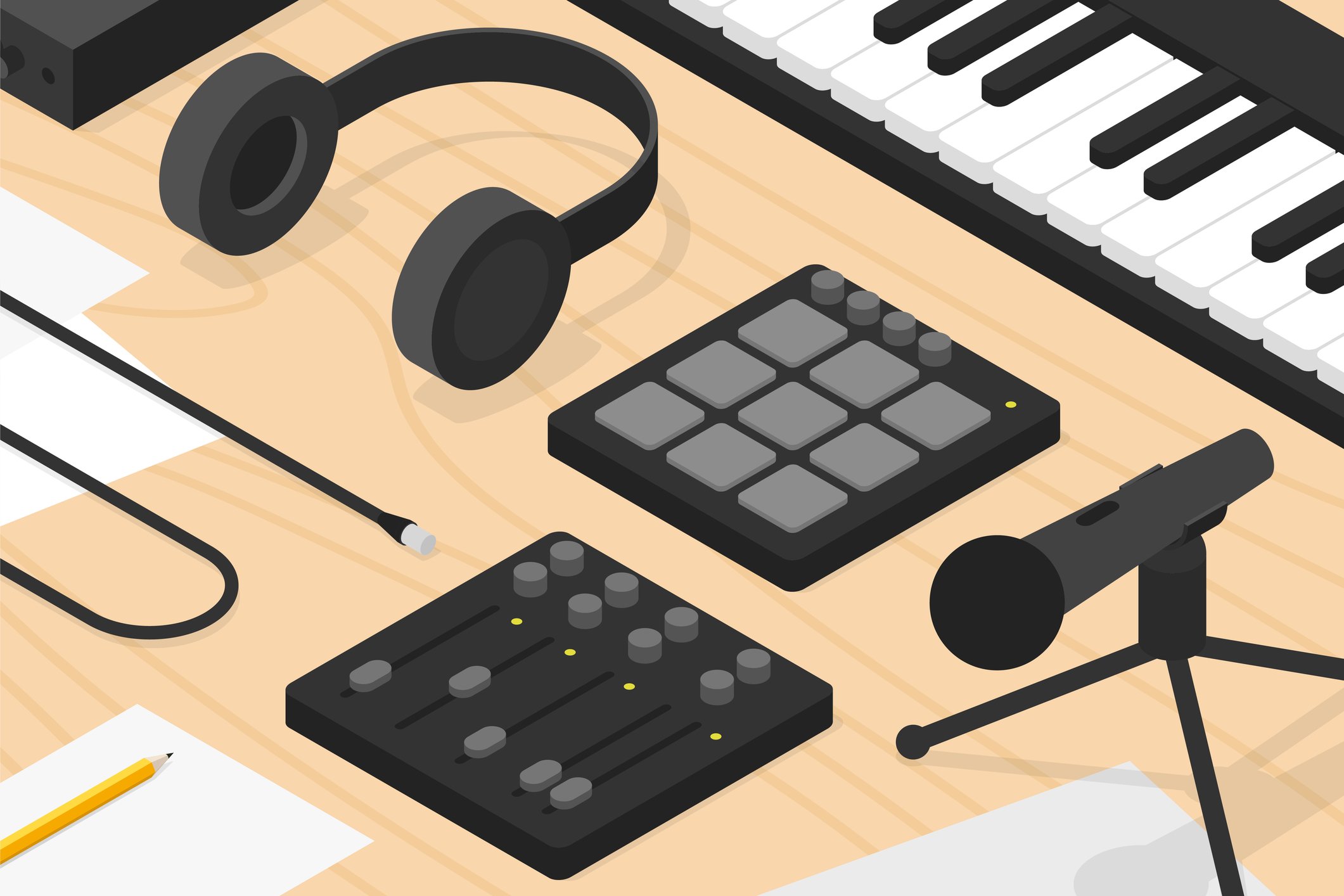
Writing Rap Songs Can Lead to Better Media Literacy in Students
Evans, J. (2020). Connecting Black youth to critical media literacy through hip hop making in the music classroom. Journal of Popular Music Education, 4(3), 277-293. Retrieved from https://intellectdiscover.com/content/journals/10.1386/jpme_00020_1
This article draws on two years of ethnographic research in a hip hop-based music education (HHBE) program in two urban schools in Chicago. The aim of the study is to chart ways that HHBE may equip Black youth with media literacies.
-
Overview
This article draws on two years of ethnographic research in a hip hop-based music education (HHBE) program in two urban schools in Chicago. The aim of the study is to chart ways that HHBE may equip Black youth with media literacies.
-
Considerations
The author Jabari Evans, who is a hip hop artist and media scholar, follows the Songwriting and Music Production (SWP) program, which creates 10-week sessions in elementary schools that introduce students to writing rap songs and the technology to produce them. He describes how hip hop song composition and recording production can encourage students to reflect critically on media’s place in their personal lives and communities.
-
So What?
Evans finds that through inquiry-driven media production and a community of practice, students gain critical media literacy. The three themes that emerge from this study are the development of interest-driven learning, critical dialogue, and connection to community-based narratives for students. The participants in the SWP program used their songwriting as opportunities to critique societal issues and to dream up solutions. Additionally, the program allowed participants to explore a range of interests within the classroom that could inspire long-term career aspirations in performing or technology.
-
Mojo's Riff
This study points to the powerful ways that different communities have in ways of knowing. The findings of this study suggest that the social capital of making hip hop music can contribute to bolstering academic learning for Black youth. Music has important inherent aspects by itself, of course. But it can also spark the curiosity and creativity of its creators, particularly in educational settings.